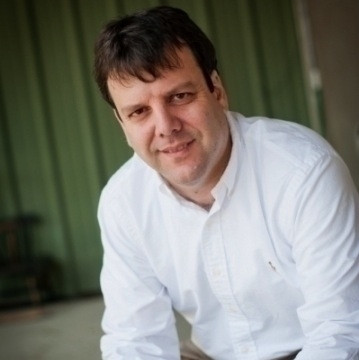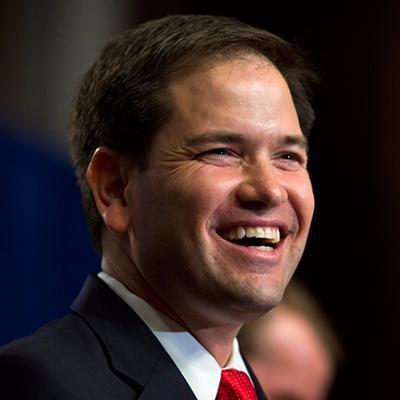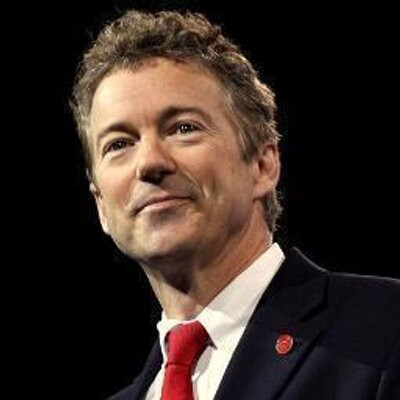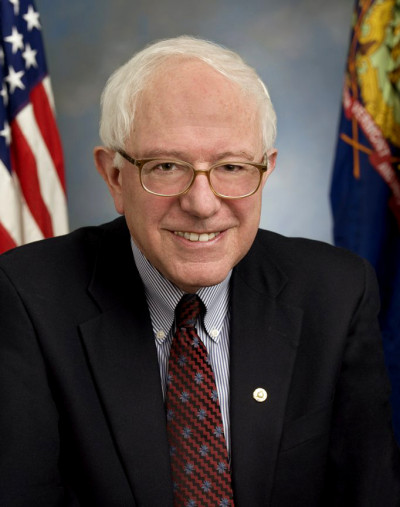Horowitz: National Polling Misused to Eliminate Candidates from Tonight’s Debate
Tuesday, November 10, 2015
People who are tuning in to tonight’s prime time debate expecting to see New Jersey Governor Chris Christie, who is by all measures picking up support in New Hampshire, or former Arkansas Governor Mike Huckabee , the winner of the 2008 Iowa Caucuses, will be disappointed, since FOX Business has demoted them to the so-call “kid’s table” debate, based on the fact that they fall below an arbitrarily set 2.5% in the four most recent national polls of Republican primary voters.
Even worse, Senator Lindsey Graham (R-SC), one of the Republican Party’s most knowledgeable and articulate voices on foreign policy, has been kicked-off tonight’s debate stage all together, prevented from participating in the kid’s table debate because he failed to register an average of 1% in these same recent 4 polls. This is despite the fact that as he accurately points out, one of the polls didn’t list him as one of the candidates in the survey question employed to test the current state of the national horse-race.
These unfair and arbitrary decisions by FOX Business News are the culmination of a process that has over-valued the use of national polling not only to determine who gets to participate; but also to determine placement on the stage as well as to shape the number of questions each candidate gets. Admittedly, making decisions about how to organize debates in a field that was originally comprised of 17 candidates is not an easy task. In primary nomination contests, however, in which votes are held state by state and where in the early stages national polling often reflects little more than name recognition or the related measure of who is at any point is receiving the most media attention, using it as a sole measure has little if any justification. Further, as a number of pollsters have pointed out, when small increments separate the candidates as has often been the case, the decisions made have no statistical validity given the margins of error inherent in the samples used.
GET THE LATEST BREAKING NEWS HERE -- SIGN UP FOR GOLOCAL FREE DAILY EBLASTJust as problematic, giving the presumed front-runners as determined by national polling favored placement on stage and devoting the lion's share of attention to them as has been the case in the debates so far, denies all the candidates an equal opportunity to introduce themselves and their ideas to the voters. This detracts from the role of debates as a source of first hand knowledge for voters who are seeing many of the candidates for the first time. While it is understandable that moderators will devote some additional attention to the candidates who are perceived as ahead, the lopsided time allocations we have witnessed to date, do everyone a disservice.
For the candidates lagging in the national polls, it puts even more of a premium on launching sharp attacks or making provocative statements simply to grab scarce air time. Properly structured, debates should level the playing field providing candidates with less national name recognition and less money an equal shot. Unfortunately, the way they are being conducted in this cycle, debates are structurally designed to reinforce the status quo.
“Polls are the crack cocaine of political journalism,”: said veteran national journalist Jeff Greenfield, “highly addictive, highly unhealthy.” Their misuse in the debate process creates the added problem of focusing even more news attention on them-contributing to more hot air about who is ‘surging” whenever there is some movement in a survey, even though this is standard in nomination contests where unlike general elections there are no party cues to limit shifts in the electorate. As a result, reporting and analysis of candidates’ proposals and records—information of actual use to voters-is becoming scarcer, while breathless and usually uninformed gum flapping about polls—not something ever in short supply—is increasing.
We probably aren’t going to reverse the long-term journalistic trend of covering campaigns as Sporting Events with polls as our way of keeping score.. But we should be able to at least prevent the misuse of polling from perverting the debates. It may be too late for this year’s nomination contests—but it is critical that it be fixed for next time.
Rob Horowitz is a strategic and communications consultant who provides general consulting, public relations, direct mail services and polling for national and state issue organizations, various non-profits and elected officials and candidates. He is an Adjunct Professor of Political Science at the University of Rhode Island.
Related Slideshow: 2016 Presidential Candidates by Net Worth
Related Articles
- Horowitz: Brazil and China Step Up on Climate
- Horowitz: Marriage Equality Realized
- Horowitz: Trump - It’s Time to End his Free Ride
- Horowitz: Trump Hits Self-Destruct Button
- Horowitz: Let’s Celebrate Americans with Disabilities Act: 25th Anniversary
- Horowitz: Pope Francis Sounds Climate Change Alarm
- Horowitz: Clinton Kicks Off Campaign Impressively
- Horowitz: Obesity is a Big-Time Societal Expense
- Horowitz: Don’t Count Martin O’Malley Out
- Horowitz: Growing Availability of Government Data Empowers Us
- Horowitz: Lindsey Graham’s Candidacy Sharpens Foreign Policy Debate
- Horowitz: President Biden
- Horowitz: Debate - Biggest Winner FOX; Biggest Loser Trump
- Horowitz: Another Public Mass Shooting - It’s Time to Do More Than Nothing
- Horowitz: Pope Francis and China - A Great Week for the Climate
- Horowitz: 5 Things to Watch For At Tonight’s Democratic Presidential Debate
- Horowitz: It’s Time for Chafee to Get Serious or Get Out
- Horowitz: It’s Essential to Make Contraception Readily Available
- Horowitz: The Carly Fiorina Moment
- Horowitz: 5 Things to Watch at Tomorrow Night’s Republican Presidential Debate
- Horowitz: Declaring a New Era for U.S.-Cuba Relations
- Horowitz: Improving Educational Performance -The Surest Path to Prosperity
- Horowitz: Social Media is Increasingly a Go To News Source
- Horowitz: America Doesn’t Like the Front-Runners - Trump and Clinton
- Horowitz: Trump’s Ugly Nativism Runs Counter to Most Americans’ Views



























